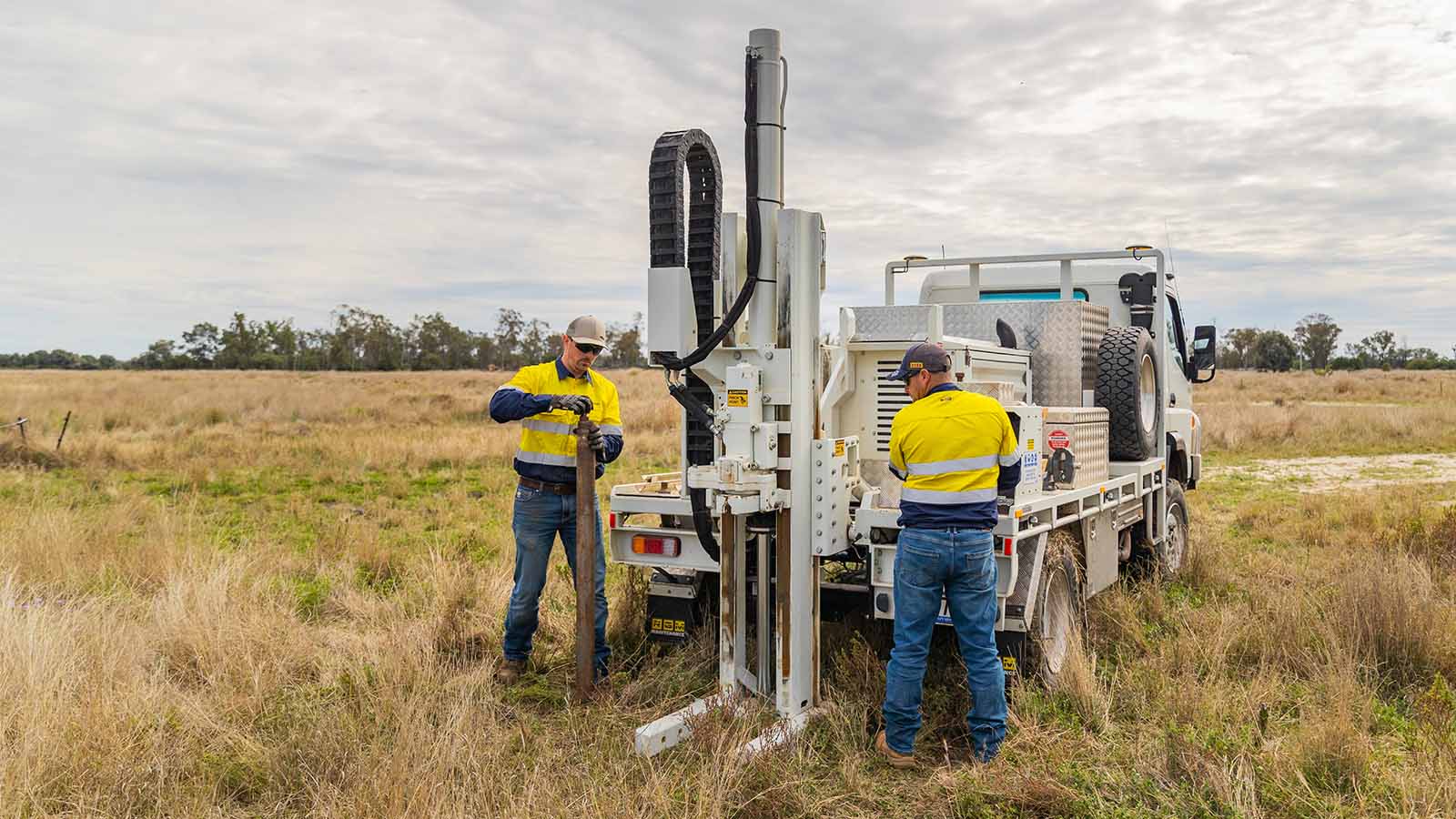Projects can last from 25 to 100 years - but what happens if you want to get out early? Planning for all foreseeable possibilities is ideal when first setting up the contract between landholder and service providers.
It's possible to leave a relationship with a service provider, and we always advocate for as much flexibility around termination as possible.
'It's possible to leave a relationship with a service provider, and we always advocate for as much flexibility around termination as possible,' Ms Lamond said. Service providers often prefer for landholders to be locked into a contract for 5 to 10 years, to start with. '[Service providers] put a lot of work in from the outset, and that work is based on the promise of being paid ACCUs upon first issuance, and in a soil carbon project, that's typically not until year 5 of the project.'
However, Ms Lamond says landholders should have flexibility around extricating themselves from an agreement should they be unhappy with a service provider's level of service or expertise.
Ultimately, it can be easier to leave a project prior to receiving any ACCUs, as once landholders have been issued ACCUs, they must be returned if the project is cancelled early. 'So that can be prohibitively expensive for landowners,' Ms Lamond said.
But what if landholders want to sell their property?
'All the agreements that I've seen include a provision that if you intend to sell a property, you need to let the service provider know, and you need to use your best endeavours to get the new landowner to agree to take on the same agreement with the service provider,' Ms Lamond said.
'In any event, a new landowner will be bound to carry on the project with the regulator because the project is registered on the land and runs with the land, not the land owner.'
A new landowner will be bound to carry on the project with the regulator because the project is registered on the land and runs with the land, not the land owner.
But so far, there isn't much precedent in Australian carbon projects changing hands, as most people who commit to carbon projects are also committed to staying on the land long term.
There's also limited precedent as to whether carbon projects could be seen as an asset or depreciation when selling land. However, the longer a carbon project is on the land, the slower ACCUs are issued, which may lead to properties decreasing in value for potential new owners who can't change management strategies in project sites.
'The later on in the project that you are, the fewer ACCUs you're going to be issued, as the sequestration tends to slow down,' Ms Lamond said.
Many of the legalities around Australia's carbon farming projects are still untested, which makes forecasting potential challenges difficult. However, as the industry grows, so too do the options available for farmers who might be considering diversifying their incomes.
From what was a limited sphere for carbon service providers, Ms Lamond says the industry is now booming, with providers innovating to attract clients and giving landholders more opportunities than ever to find a project and structure that works for them.




